|
Mint Kids Dentistry is one of the top 3 best dental clinics in Bellevue, WA. Dr. Soo Jun is a very famous and highly experienced Pediatric Dentistry. Her focus is to equip her dental clinic with all the facilities such as comfortableness and fun which provide a safe and positive environment for your kids. As she knows you and your family deserve only the best!
Here we are thankful for sites like threebestrated which showcase the best and renowned professionals and businesses. Mint Kids Dentistry is very grateful that threebestrated website has rated and recommended Dr. Soo Jun as the best choice among Top 3 Kids Dentists in Bellevue, Washington. Our goal is to make your child's experience comfortable and positive, resulting in beautiful healthy smiles! "Provides the most advanced, personalized dental care for you and your family. Her mission is to create a dental experience that prepares kids for a lifetime of healthy dental visits and happy smiles. Her aim is to instill good habits early, in an environment that is comfortable and fun. Serves Bellevue, Issaquah, Kirkland, Renton, and Mercer Island. She is committed to seeking out the most innovative and effective approaches to patient care" - By threebestrated The threebestrated website recommends professionals on the basis of customer reviews, history, complaints, ratings, satisfaction, trust, cost, and general excellence. Mint Kids Dentistry Speciality:
Dr. Soo (SOOKYUNG ) Jun, Board Certified Diplomate of American Academy of Pediatric Dentistry (AAPD). She received her dental degree from Tufts School of Dental Medicine in 2008. Then she went on to complete the general practice residency at Harvard School of Dental Medicine. She pursued pediatric dental residency and completed the 2-year pediatric dental training at St. Barnabas Hospital in Bronx, NY. Dr. Soo Jun Achievements:
She received Richard C. Pugh Achievement Award for being in the top 3% of the pediatric dental board examination.
She started Min Kids Dentistry in Bellevue, WA ear Lake Hills area in 2015. In our office, we offer the highest quality of Dental Care Minimal Radiation with Digital X-Ray iPad Station for Kids Laughing Gas and other Sedation available.
Bellevue is a rapidly growing city in the Eastside region of King County, Washington, the United States, located across Lake Washington from Seattle with a population of 142,242. Seattle and Bellevue are located on opposite shores of Lake Washington.
Bellevue is one of the best cities which is proficient enough to provide all types of facilities to its citizens. Among all the facilities, Pediatric Dentistry is in demand, and also the field is booming with the growing needs of the populace. Bellevue has the best Pediatric Dentists in the town and many of them are very famous across Washington such as Dr. Soo Jun - The best Kids dentist in Bellevue, WA and also serving her valuable services in surrounding areas of Issaquah, Kirkland, Renton, and Mercer Island. Similarly, there are many others as well. Let’s talk about the best Kids Dental Clinic in Bellevue, WA. Even Yelp users of Bellevue submit their reviews and recommendations. Ah! YELP Local Business Reviews!
Let’s drive in the Yelp first so that anyone who is looking for genuine and reliable kids dental services can easily consider Yelp's recommendations without a doubt in their mind. So, Yelp is a crowd-sourced local business review and social networking site. That means genuine users are there and they submit their reviews and recommendations. The star rating system of the Yelp site is amazing and very helpful for businesses. In a nutshell, the business owners can claim their business for free and the users of Yelp can give reviews and recommendations to businesses as per their needs, experience, and choices.
So here I am sharing the Organic results of Yelp. I searched for “Kids Dentist” for the location “Bellevue, WA”.
In the above images, it can be clearly seen that the list of kids dentist in Bellevue, WA with a star rating, reviews and read comments of users. To check reviews, I clicked on Mint Kids Dentistry which is listed on the number 1 position in Yelp for Kids Dentists in Bellevue, WA. Again I am sharing the pictures with you so that you can learn how to vet the best kids dental clinic in Bellevue, WA.
I think it is very easy to evaluate which Dental Clinic would be good in Bellevue, WA for your kids. Hopefully, this blog will guide you the best to search best kids dentists near you.
Undoubtedly, We are Mint Kids Dentistry in Bellevue, WA but Yelp and our valuable customers have been giving ratings and reviews. We are very grateful that you guys like Mint Kids Dentistry’s efforts. We always feel blessed whenever we read so generous reviews on Yelp and Google. Mint Kids Dentistry Bellevue, WA - Reviews
“We got lucky. We were in search of a pediatric dentist and I was prioritizing location/hours to suit our family's needs. Mint Kids Dentistry (MKD) is located very close to our home and we couldn't be happier with the office staff including of course, Dr. Jun. She is very knowledgeable and I especially appreciate her time in explaining in details when I raise questions as a concerned parent. She is very gentle which is probably soothing for our little ones (ages 7; 7; and 4). They all like Dr Jun and enjoy going into the office (what? who enjoys going to the dentist lol).
The entire office staff is friendly, pleasant, courteous, and accommodating. We are very pleased with MKD and would highly recommend others to check it out. (Though I fear the crowdedness will perhaps prohibit easy scheduling for selfish reasons.)” - Review by Sunny H. “I found Dr. Jun after doing extensive research on Google and Yelp. My 4 year old son needed some dental work and we were worried how he would handle the procedures. Dr. Jun is very sweet, understanding and a wonderful compassionate dentist. You can tell she truly cares about her patients. I'm very picky and highly recommend Dr Jun to keep your kids teeth perfect! A true gem!!!” - Review by Andy A. and many more in the queue. Thanks for rating Mint Kids Dentistry the best in Bellevue, WA. What is Preventive Dentistry?
Preventive Dentistry is super famous to avoid dental problems to save Money and Time. With time parents become experts in their children’s well-being. However, with this expertise, they can’t ignore the value of Money and Time. With speed they grow together as parents they also learned about Money and Time significance simultaneously. Mostly, parents know Money and Time are the only valuable assets everyone has in their life. When it flies the only thing left behind is – A big Regret.
All want to save these valuable assets and make worth use of them. Similarly, we have many other valuable things in our lives and we always prefer to work on prevention rather than making them worse which will waste Money and Time later. So kid’s dental health is one of them. Parent’s preferences are usually to maintain kid’s dental health to avoid dental problems so they’re looking for Preventive Dentistry as it only saves parents money and time but also helpful for children in their later ages. How Preventive Dentistry saves parents money and time
Prevention in Dentistry always saves everyone’s money and time. There is no lie in it!
An ounce of prevention means a lot than a quid of cure later. It becomes more important when it is about the kid’s health. Even kid’s routine visits with their dentists can also save parents money. A question might have strike in your mind here – “How it saves money and time when you’re spending your money on dental prevention and routine dentist visits”? The simple answer to your question is practicing preventive dental and oral health at an early age is less expensive as compared to when treated later after damage or major dental problems. You never know it can be related to gum diseases, teeth staining, dental oral cancer, tooth decay, and any infection. For instance, to treat a cavity, generally, dentists suggest a dental crown later when teeth damaged due to cavity and which more expensive than the prevention method – “cavity filling”. Here the choice is parents whether they want to go for prevention or want to waste a lot of money and time on major dental problems later. Preventive Dentistry help you to avoid When it comes to Preventive Dentistry then Pediatric Dentists always suggest to learn and do more practice at home. Dental prevention starts with regular brushing in the right way for better results. Teeth brushing does not standalone the only dental prevention which saves your child from all dental problems later. To improve the results, parents must take care of flossing and healthy diets which may not lead to dental problems like
How parents can manage their funds?
Preventative Dentistry as important as kid’s daily food. Practicing at home is not enough for dental prevention and health. With this, you have to gather funds for routine dental check-ups. Mint Kids Dentistry understands that parents are always are on a budget so here are few key points through which you can readily manage your budget along with kids’ dental prevention.
Key points for affordable dental care: 1. Consider monthly payment plans 2. Schedule teeth cleaning every 6 months 3. Oral examination every 6 months to avoid periodontal disease 4. Get dental insurance Health always comes first. Dental treatments and prevention could help you to get a healthy dental life and peace of mind.
Child behavior management guidance in Pediatric Dentistry is consists of a variety of ways that your Pediatric Dentist helps your children to learn more about “self-manage” and how to curb with dental fear/anxiety. The term behavior management is a state of mental excitement or fear towards anything so it is the method of shaping or modification the children’s disruptive behaviors. Child Behaviour is an observable act and it can be defined in different ways as per different perspectives of different people. Chiefly, it is elucidated as a combination of unpleasant emotions and psychological changes in regards to realistic threats or danger. Here we are talking about the dental fear so fear is like those which are not seen or felt such as smell, taste et cetra. Pediatric Dentists always try their best to pacify the dental fear in children. 
Allegedly, Pediatric Dentists want to know the concern of fear and what is bothering children while dental treatment. The common symptoms of dental fear are:
So how Pediatric Dentists help kids start feeling braver during dental treatment?
Dental fear/anxiety might be of specific persistent dental activities or objects. There are many other factors which cause dental fear among kids and some of them are:
How Pediatric Dentists Help in Child Behaviour Management?
In myriad ways, Pediatric Dentists can help children in their behavior management during dental treatments. Likewise,
Who are the best Pediatric Dentists?
In Mint Kids Dentistry’s last few blogs, “Why do children have a need of Pediatric Dentistry” is already covered wherein one can read not only the needs of children but also what the role of Pediatric Dentists and dentistry is. Positively, you will understand there what does a Pediatric Dentist do?
Herein we are covering how to choose the best Pediatric Dentist and how to vet who is the best Pediatric Dentist for your kid.
The best Pediatric Dentists are those
Few tips for choosing a Pediatric Dentist
The choice of dentist totally depends on your child’s behavior towards dental treatments and dental health plans. Here are a few tips for parents. By following them parents can easily choose the best Pediatric Dentist for their kids.
Suffice to say, ensure these tips are always taken care of by parents while choosing the best Pediatric Dentists in the nearby areas for their kids. Your choice really matters and predicts your kid’s dental health.
In General, The AAPD (American Academy of Pediatric Dentistry) commendations to help pediatric dentists to make decisions regarding restorative dentistry, including when it is necessary to treat with the appropriate restorative materials and techniques are for dentistry in children and adolescents.
Primary teeth risks are more susceptible to restoration failures than later or permanent teeth whereas one needs to consider the length of time left prior to tooth extraction and before primary teeth restoration. The benefits of Restorative Dentistry include: - removing cavitation or defects to remove areas that are prone to caries - stopping the development of tooth demineralization - restoring the uprightness of tooth structure - spreading of infection prevention into the dental pulp - shifting of teeth prevention due to loss of tooth structure The risks of Restorative Dentistry include: - longevity of teeth assurance is less - teeth are more susceptible to fracture - recurrent lesions - restoration failure - pulp experience during caries excavation - future pulpal complications - iatrogenic damage to adjacent teeth
Now, you must be thinking about the main factors which affects choosing restorative materials???...
Do not worry Mint Kids Dentistry is always here to serve you for knowledge and kids restorative therapy. Let’s see plethora of factors affect choosing restorative. Main factors affect choosing restorative materials
- Patient Age
- Carries Risk - Child Cooperation - Material Types - Tooth Type Again, you might have a question “What can be easy for your child to handle?” ….. Nice we are on the same pitch. Usually, child can handle, Rubber Dam isolation Local Anesthetic Length of attention span In the next blog, you will find the types of Restorative Materials used in Restorative & Cosmetic Pediatric Dentistry.
Restorative and Cosmetic Dentistry is “Teeth Prevention” to restore the health of teeth. It also includes the repair or replacement of damaged or defective teeth. The treatment is done while your child is awake and sometimes local anesthetic is given to him/her so that child respond to treatment very well.
It is not long procedure. Restorative and Cosmetic treatment hardly takes 40 to 45 minutes. All depends on child cooperation sometimes sedation is also required due to unusual child behaviour.
Most parents do not floss their children’s teeth at all. Parents who don’t consider flossing is one of the best dental hygiene routines – After reading this blog, they do flossing and never miss the routine. It is more helpful than toothbrushes especially under the gums where they can’t reach.
We all could be better at flossing as it is a very important oral hygiene habit. Flossing is as important as brushing especially for children’s teeth. It cleans teeth and dislodges stuck food between your teeth and gums. Basically, it is one of the best steps to keeping gums healthy. To do flossing, we can use a simple thin cord of filaments which is very soft to remove food after eating.
Dental Floss is mainly recommended by Dentists. It is easily available on nearby Chemists. For proper dental flossing, parents need to learn the technique from their kids’ Pediatric Dentists so that they do flossing accurately and do not hurt gums. Why Should Parents Use Dental Floss
Sometimes people find floss hard to use so don’t be aggressive with the floss. It may hurt gums and teeth. If you are doing it the first time then go to see your kid’s Dentist and learn the way of flossing. Your Dentist will advise you the best dental floss for your child.
Flossing Action
Along with yourself, you can also teach your child about flossing actions in early ages. You can take help of your child teddies to make them learn about flossing so that they can easily understand gentle scraping of the tooth from the top down and practice on them.
Here are the few dental floss steps. By practicing it you can grip your hands on flossing.
- Take 18 inches of floss. - Most of the floss round it on middle fingers equally - Now hold the floss tightly between your thumbs and forefingers. - Start scraping gentle between your teeth - Hold the floss tightly against the tooth - When the floss reaches the gum line, curve it into a C shape against one tooth - Do not forget to rub the sides of the tooth and back side of your last tooth Once you are done with flossing, throw the used floss in the dustbin immediately rinse your mouth so that bacteria couldn’t leave behind. So it is as easy as tooth brushing and most important for a kid's mouth health.
Let’s understand “What is Pediatric Dentistry” and “What does a Pediatric Dentist do”.
So, it is easy to understand as it is in regards to your kid’s oral health. Pediatric Dentistry is the branch of dentistry which is dedicated to oral health and dental care for kids from birth to adolescence. The doctors who adapt this profession seriously and practice it, called Pediatric Dentists. In this field of Dentistry, Dentists have inclusive sort of treatments for their patients. They continue their practice in treatments of, - Oral Health Education - Preventive Dental Services - Behavior Management - Restorative and Cosmetic Dentistry - Laughing Gas Sedation - Conscious Sedation - Outpatient General Anesthesia What does a Pediatric Dentist do?
Pediatric Dentists are dentists just like other dentists but they have the competencies and qualifications with experience to handle children dental health – teeth cleaning, tooth decay, gums, mouth soft tissues, enough fluoridate, etc.
The only specialty of Pediatric Dentists are they treat kids with extra care especially infants and 3 to 5 years children. They always try to make a visit more pleasing for kids. If they do not do proper dental care along with enjoyable visits then children’s regular teeth will suffer decay. That’s why pediatric dentists and their dentistry is very crucial for your kids. Handling the social dynamic interactions with children makes this dentistry so special rather than other dentistry fields. Even Pediatric Dentists teach parents how to deal with their kid’s bad habits so that parents can improvise bad dental habits of their kids with time. REASON TO RESPECT: The specialty of Pediatric Dentists aren’t ended here. There are a lot of other oral health treatments that Pediatric Dentists do with care such as diagnose medical conditions related to diabetes, asthma, and hyperactivity. They always recommend you best oral health treatments which influences the development of permanent teeth in the long-term. That’s why each parent should respect a Pediatric Dentist’s advice and always give your best try to kid’s dental treatments by chasing their enthusiasm. In this way, your children get potential dental problems like overbites and uneven teeth. In my coming blogs, you will learn about distinct Pediatric Dental Treatments so that parents like you should have knowledge about Pediatric Dentistry and the treatments in depth. This will help you to maintain your child’s oral health. Worth Dental Care Tip:
Early ages dental care treatments are like prevention than cure later. Pediatric Dentists like Dr. Soo Jun are here for your children’s oral health. Consult Pediatric Dentists and give your visits with your children to one of the best Kids Dental Clinics near you. ASAP!
Why Dr. Soo Jun?
I live in Bellevue, WA. Here, Dr. Soo Jun is the best Pediatric Dentist in my area. I always prefer to visit Dental Clinics near me. Moreover, her Dental Clinic – Mint Kids Dentistry is near to my location and she does her Pediatric practicing there. I really like the environment of Mint Kids Dentistry as my children enjoy her dental treatment. She creates such an environment during treatment which satisfies parents.
So, find the best Pediatric Dentist near you which not only treats your children but also provides an environment wherein your kids can feel ease.
The Coronavirus is a family of viruses that cause diseases in mammals and birds. In humans, coronavirus typically causes respiratory symptoms such as severe fever, shortness breathing, tiredness and cough.
Coronavirus disease is also known as COVID-19. It is an epidemic disease caused by a newly discovered virus. The COVID-19 name was given by The World Health Organization (WHO). - CO stands for corona - VI stands for virus - D means disease - The 19 is for 2019, the year the disease first became visible in China. This disease was originally called novel coronavirus. Most people infected with COVID-19, experience mild respiratory illness and recover with some special treatments and it is very dangerous for aged people across the World. Older people, those who have medical problems like diabetes and cancer are more likely to develop serious illness. At present, vaccines or treatments of coronavirus are not available. Clinical trials are in progress for the coronavirus vaccine. The best way to prevent and slow down the infection of COVID-19 is be well informed about the cause and how it spreads. The World Health Organization (WHO) recommends the following preventive actions.
No doubt there are only 0.2% cases of the coronavirus reported in children across the World. This disease is transmitted from infected people to around them. During this novel coronavirus pandemic, dentists should be more careful with their dental procedures, especially pediatric dentists. As to your practice of pediatric dentistry, all your dentists and staff members follow the set standard precautions guidelines by the government and let your patients know about precautions. Help kids and their parents to be aware about the precaution’s routine. Why to stay more proactive, informed and calm during a coronavirus pandemic?
Dental care is important but these days along with dental care, personal hygiene is also needed to consider. During practice, you must be more cautious about dentistry tools, gloves, sanitizers and masks. Most of the dental clinics are closed due to World emergency and lockdown. In case, any dental emergencies then patients can call their doctors for consultation.
If you are in Bellevue, WA and looking for dental consultation for your kids then you can call Dr. Soo Jun for pediatric dentistry. She will be available on calls and email. You can officially email her at Mint Kids Dentistry email address, office@mintkidsdentistry.com.
After reading the blog title, you must be confused between Preventive Pediatric Dentistry and Pediatric Dentistry.
Do not think much – Both Dentistry – Preventive Pediatric Dentistry and Pediatric Dentistry are somewhat the same. Only preventive term makes little difference. Your confusion solution is here, get knowledge yourself through the blog. Preventive Pediatric Dentistry – So you know what prevention means. It means the action of stopping something from happening or arising. It is the general meaning of prevention so you’re getting a little bit of an idea now “Why Preventive Pediatric Dentistry?” It is as simple as a prevention meaning. Preventive Pediatric Dentistry means your kid’s healthy smile. It requires regular parental involvement for daily kid’s oral care at home. Preventive kid’s Dental Health Care includes,
You might have the question -
Is Preventive Pediatric Dentistry that is much important for your children?
Yes, it is very important for your children’s dental health as bad oral conditions do interference with eating and adequate nutritional intake, speaking, self-esteem, and daily activities. If your child is facing pain due to severe decay then this pain might be unbearable during his/her school days. To avoid such dental situations in early and later ages you have to consult your Pediatric Dentist for Preventive Pediatric Dentistry.
Preventive Pediatric Dentistry Benefits
They make efforts to ensure your kid’s healthy mouth which isn’t only healthy but also looks attractive and increases your children's confidence. Moreover, save them from bad breathing as well. So it is not about Preventive Pediatric Dentistry, it is about your children.
- Results in Less Extensive - Results in Less Expensive - Aware parents to educate their children’s oral health When should preventive dentistry start?
Like dental care, preventive dentistry starts with your first kid tooth. Also regular teeth cleaning begins with the very first tooth eruption and this is the perfect time to visit Pediatric dentists like Dr. Soo Jun in Bellevue, WA. Early dental care and pediatric visits are the foundation of good oral health and healthy smiles.
Preventive Pediatric Dentistry Most Important Tip: The earlier you visit your pediatric dentists with your kids, the better will be the chances of preventing dental disease. Pediatric Dentists do thorough oral examination for risk assessment and design a personalized preventive program and activities for your children which you can adhere to at your home. They can help your children to prevent their teeth from cavities. If you want to learn more about Preventive Pediatric Dentistry then you can read from here - https://www.mintkidsdentistry.com/preventive-pediatric-dentistry.html. The blog is dedicated to Home care oral health along with Pediatric Dentistry Programs and procedures. Even you follow Pediatric Dentists like Dr. Soo Jun. If you are in Bellevue, WA then you and your children are luckiest in the world because Dr. Soo Jun and her team is always ready to treat your children. The only thing you have to do – Book an appointment or call at (425) 321 - 0833. Don’t be sad, if you can’t visit her Dental Clinic then follow her on Facebook, https://www.facebook.com/mintkidsdentistry/ for kids dental care tips and programs. It will help you to take care of your children’s dental health at home. |
AuthorMint Kids Dentistry Archives
July 2021
Categories |
Location |
|
Sitemap
|
Forms
|

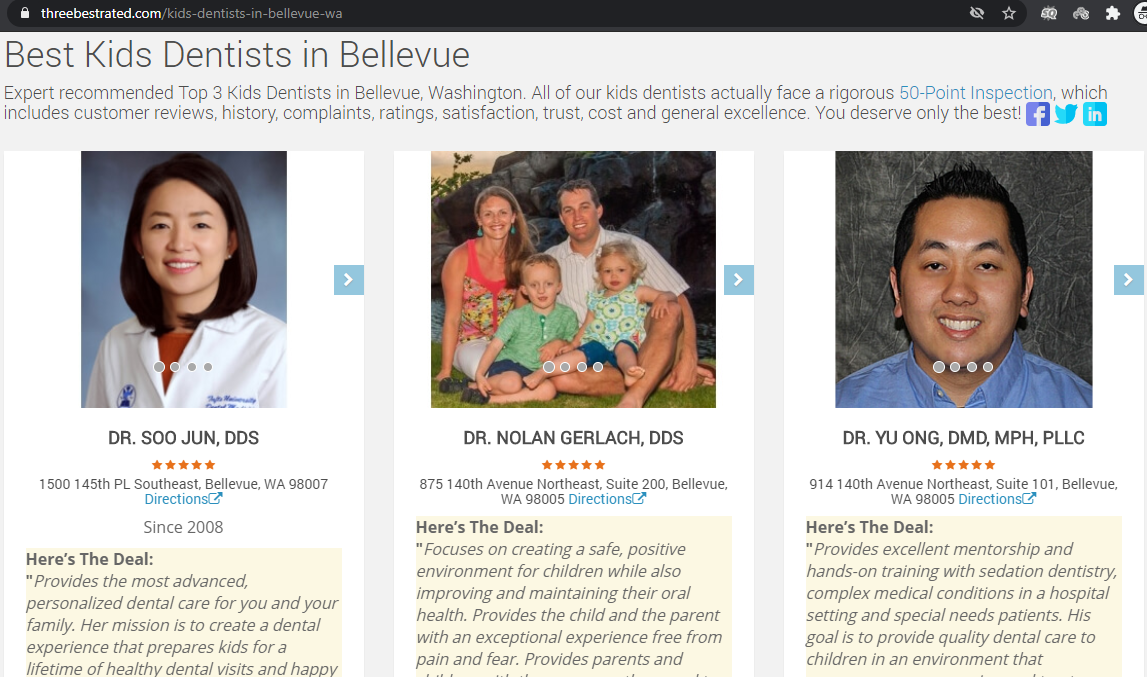
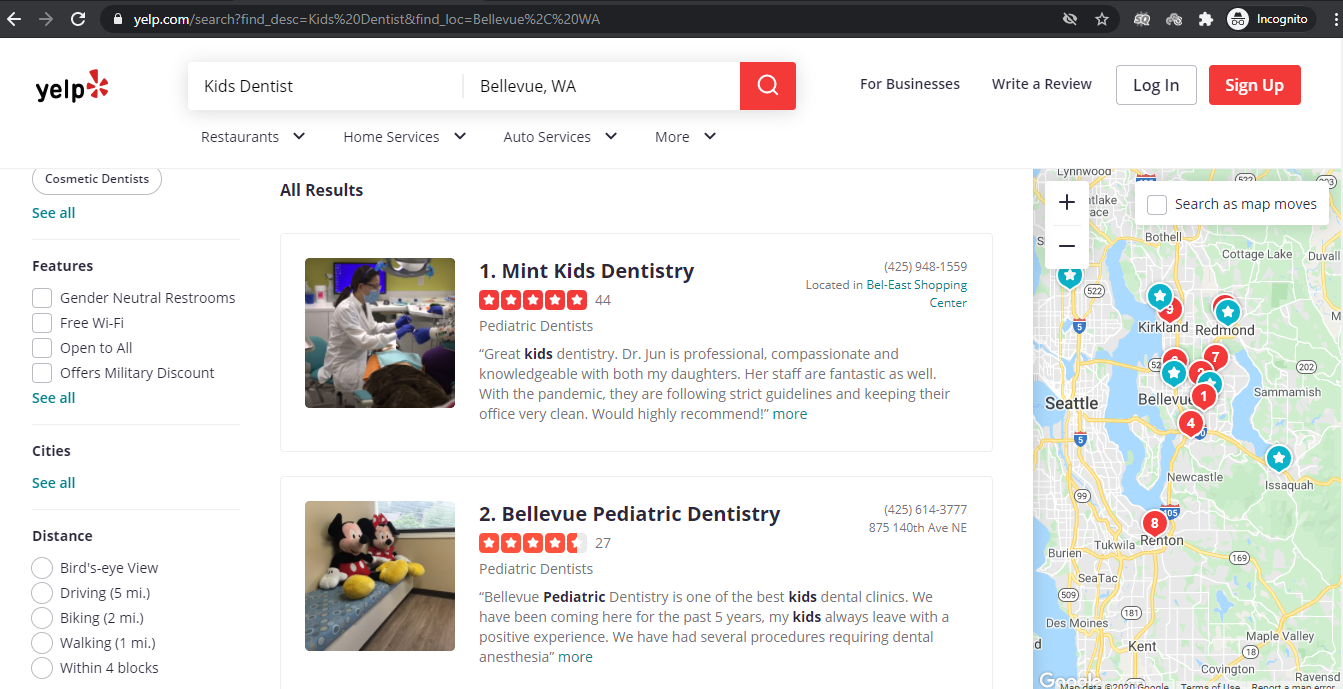
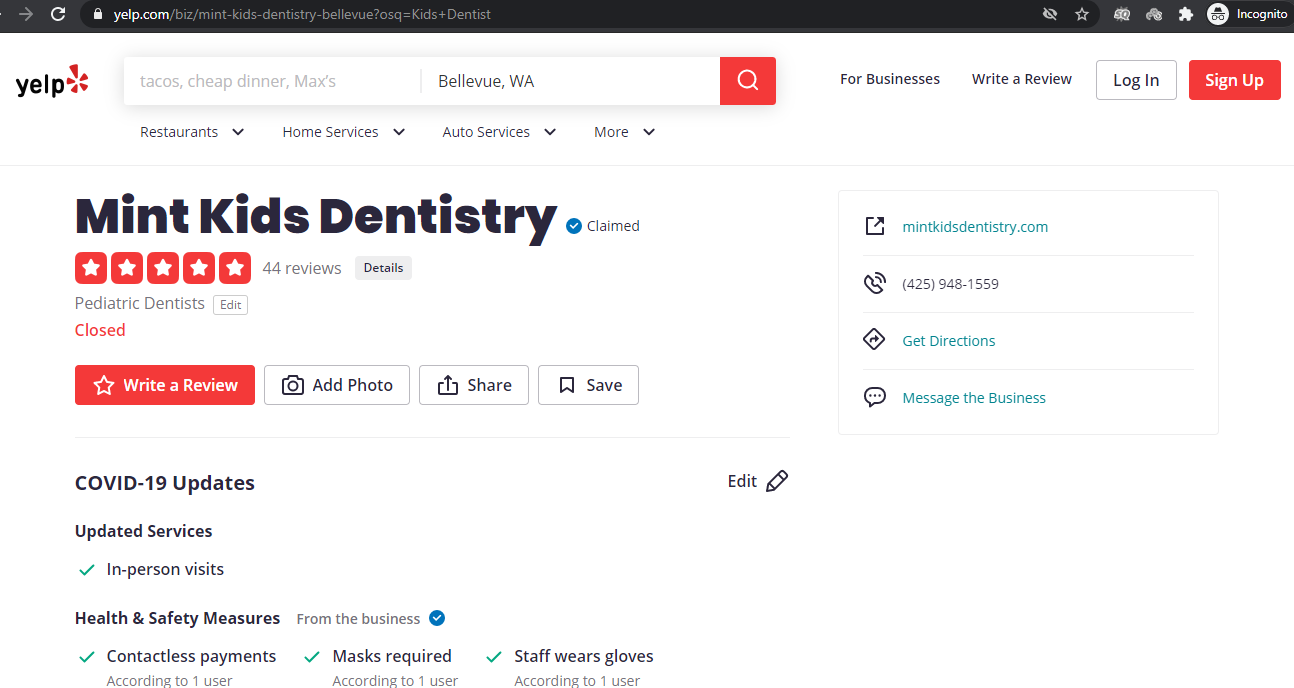
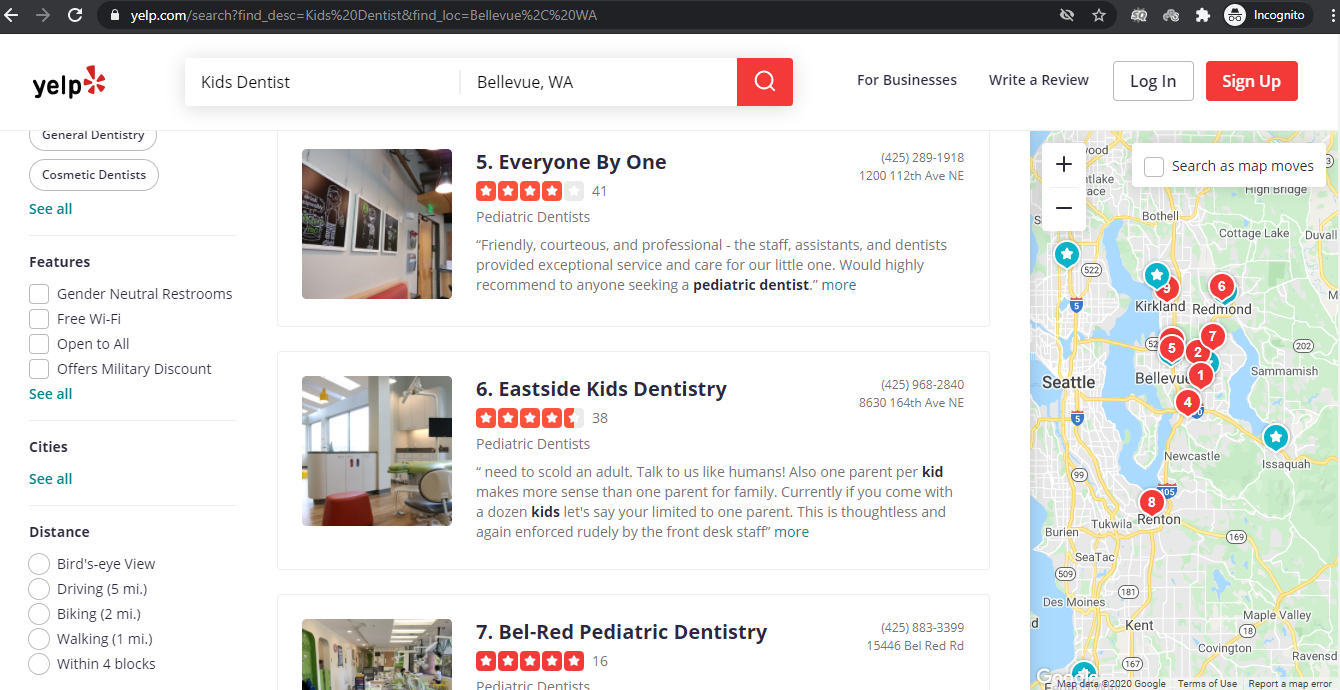
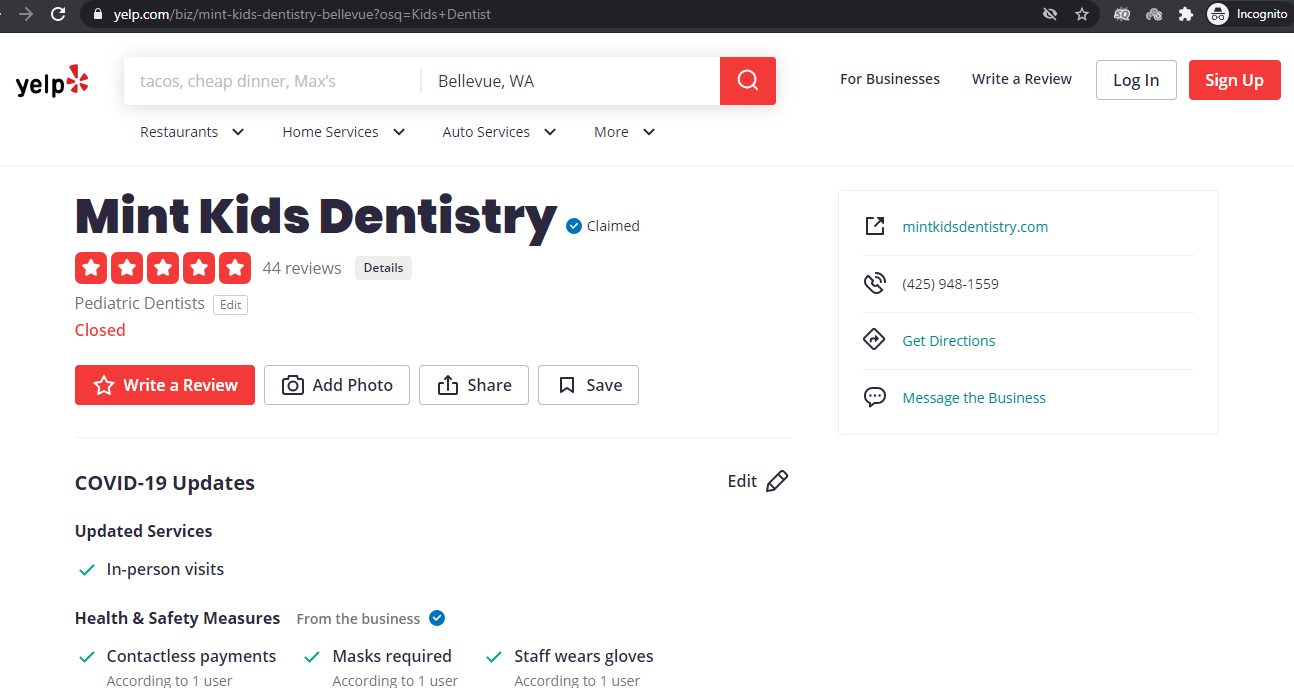
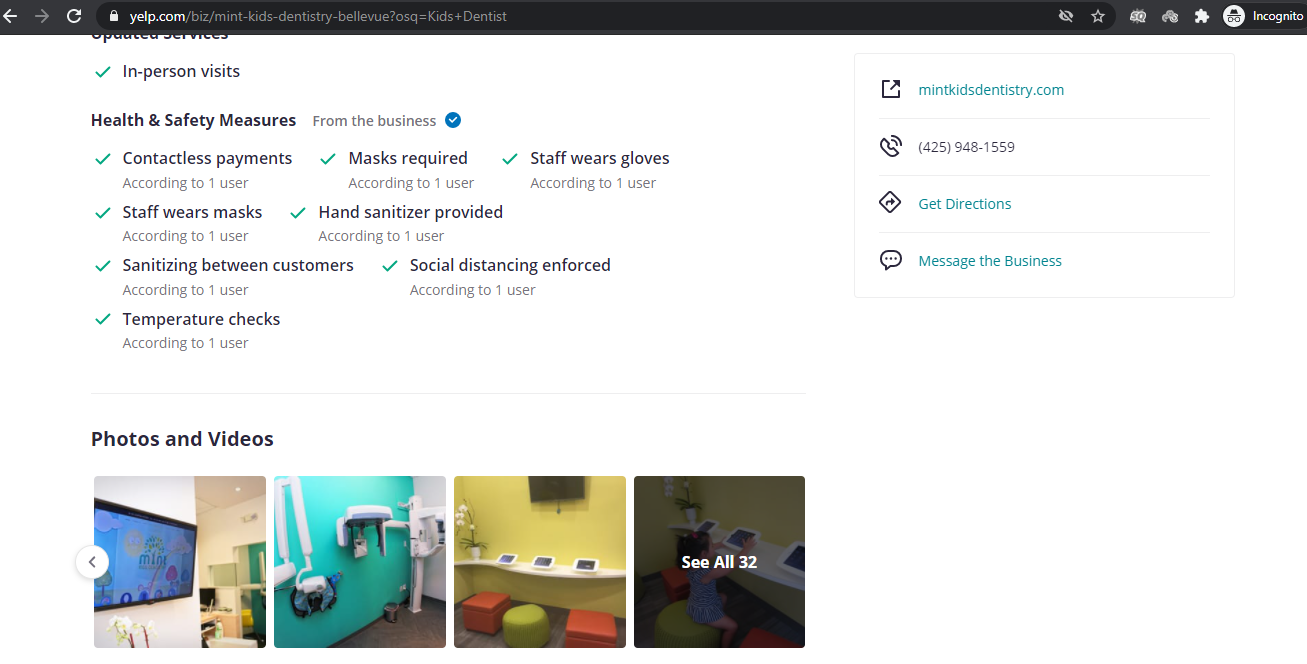
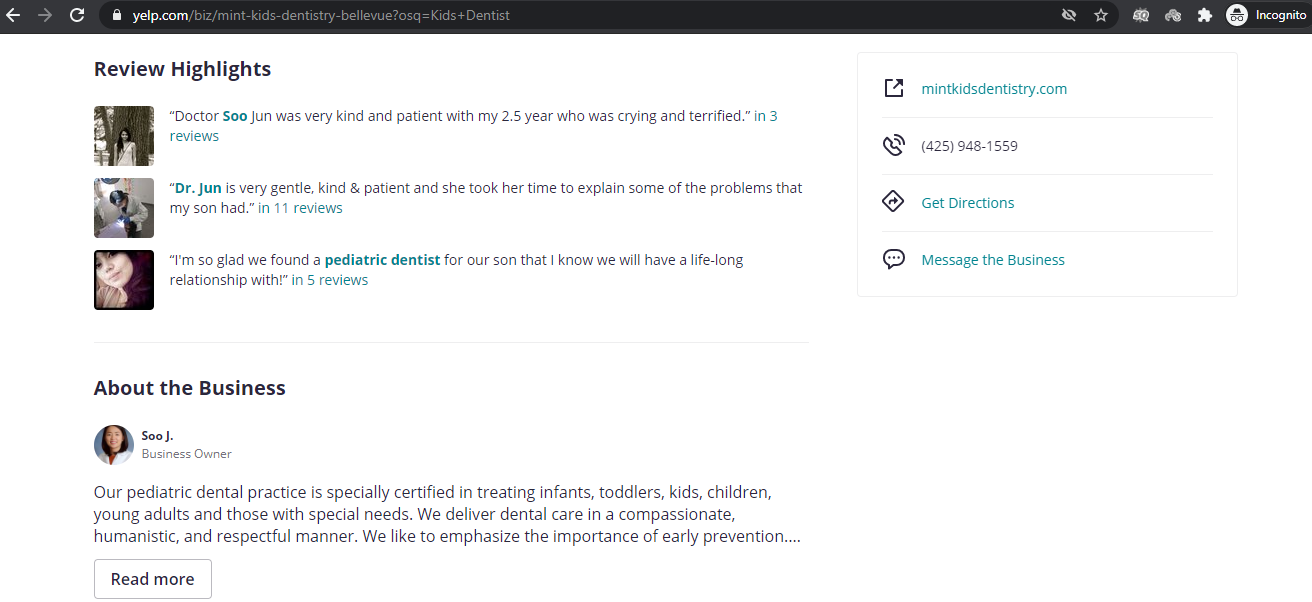
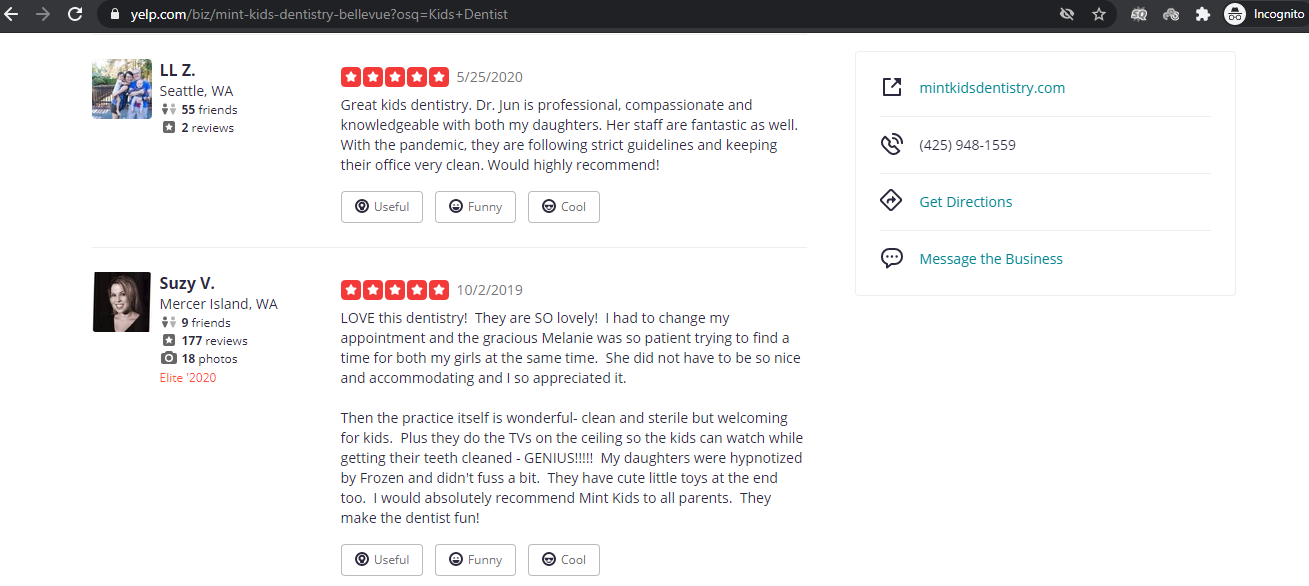
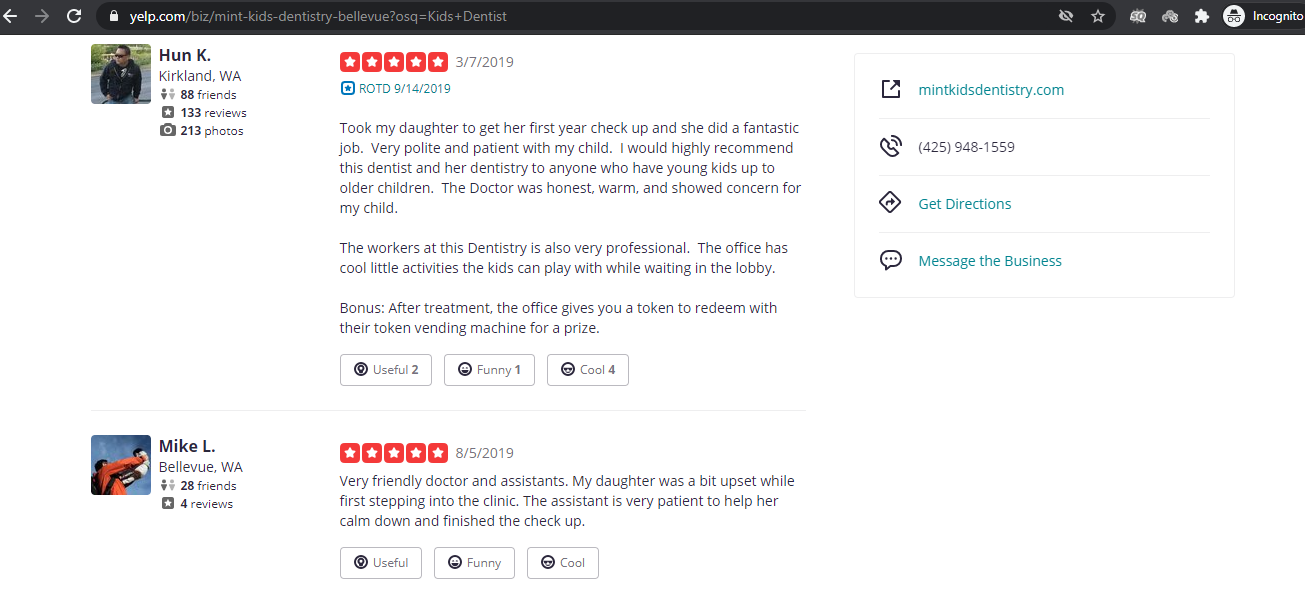
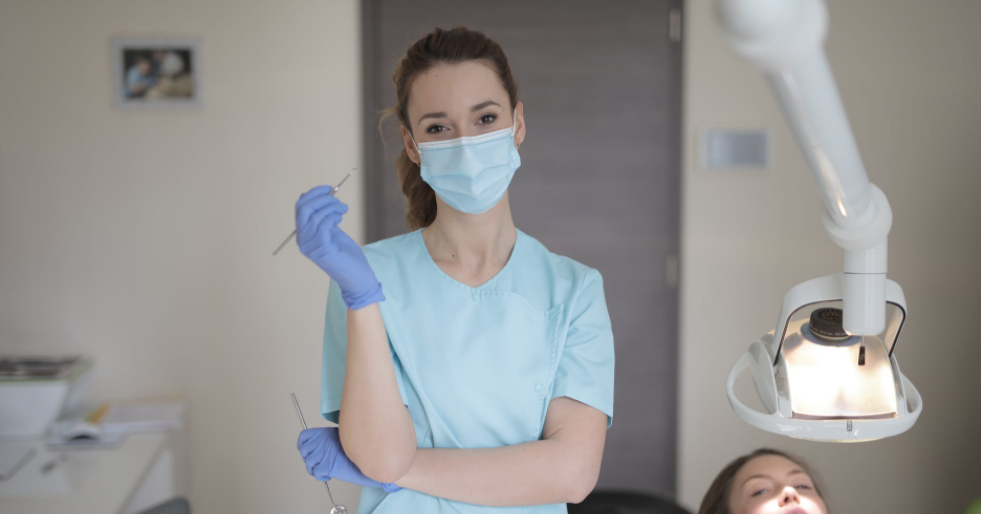
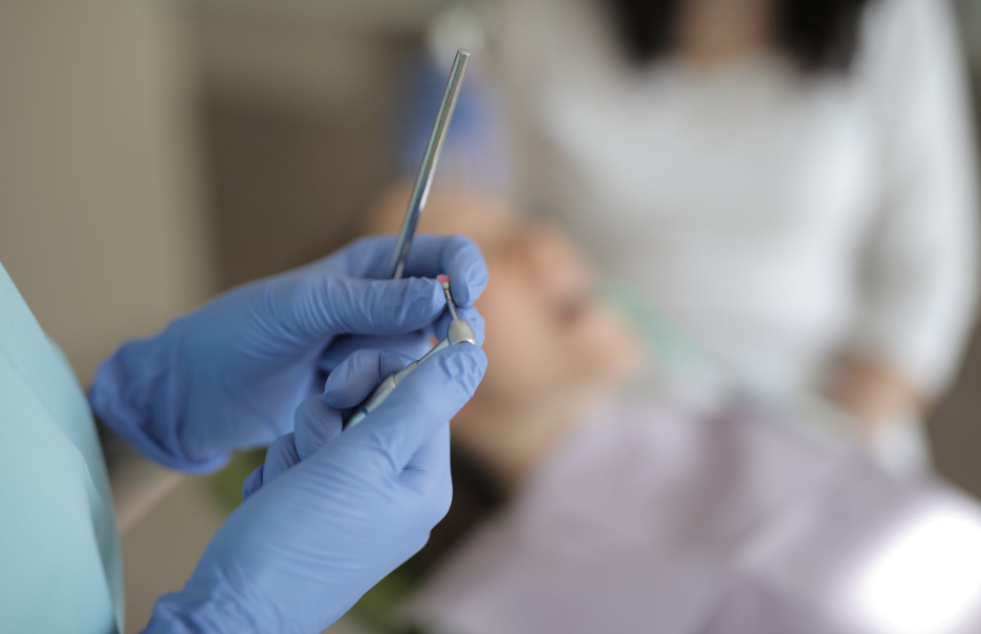

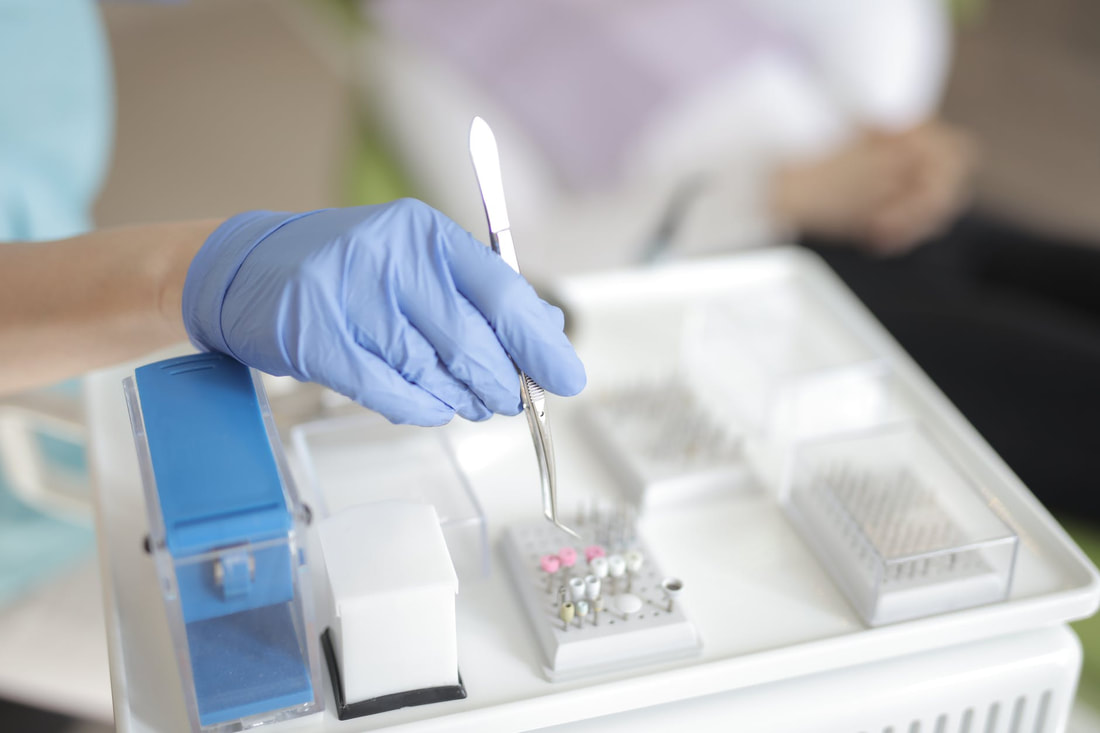
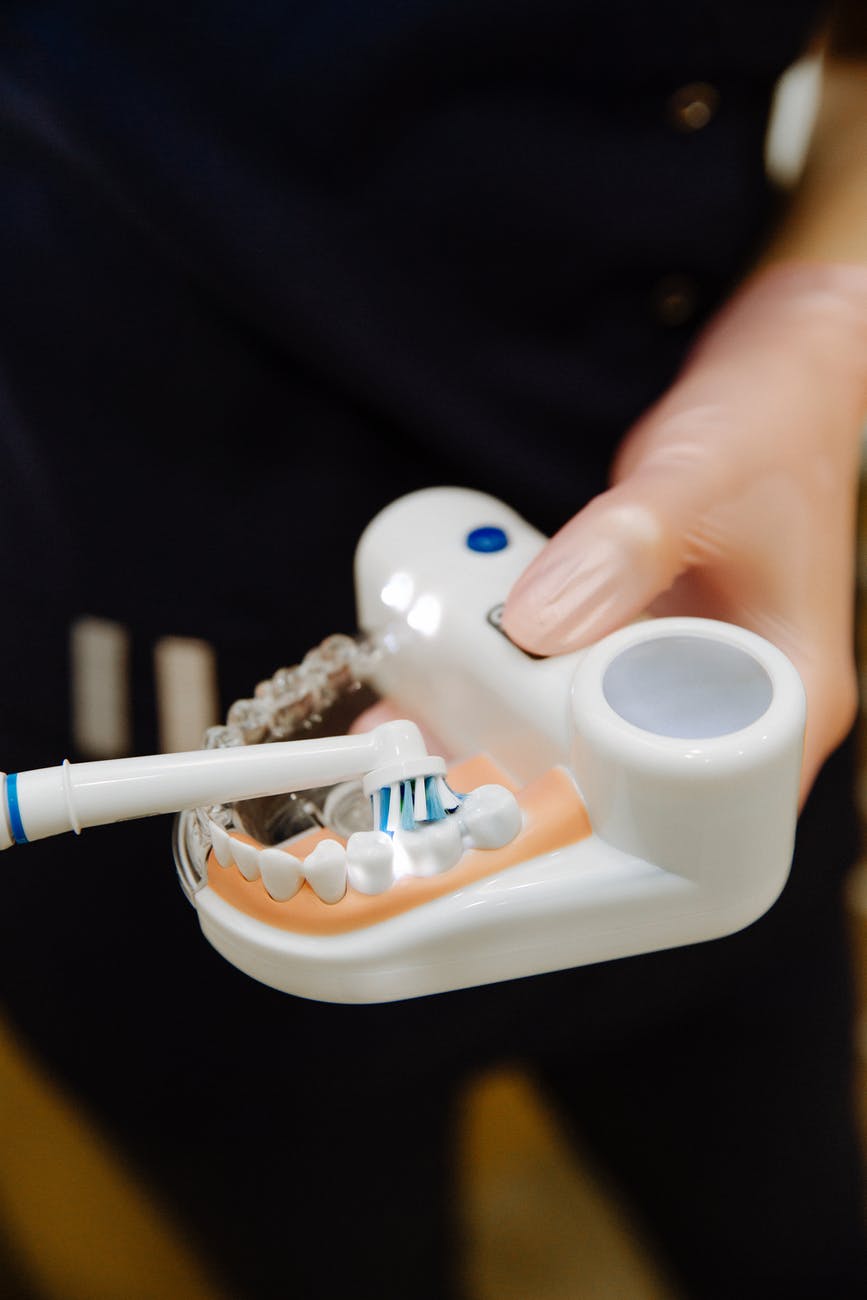
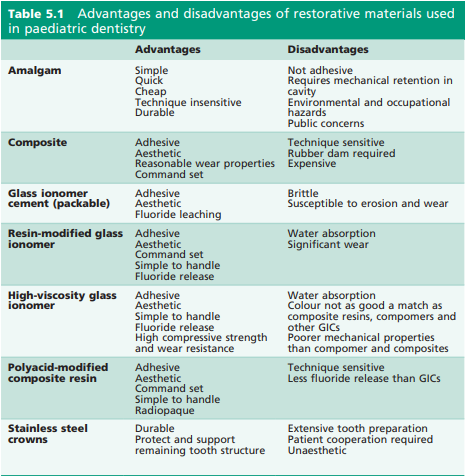
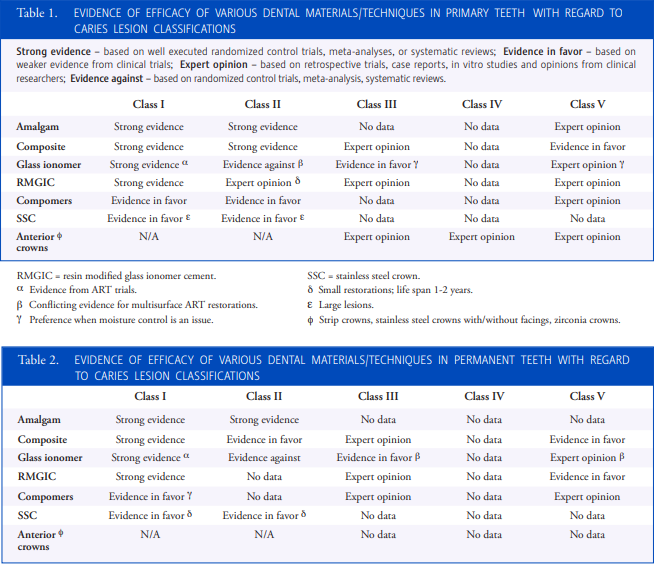
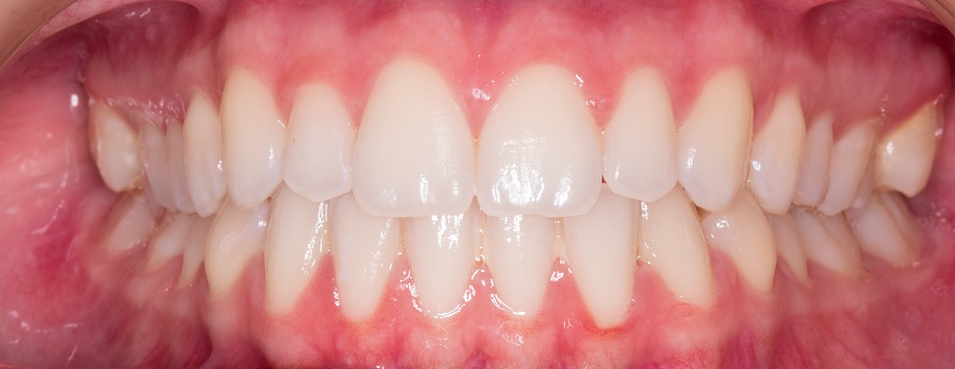
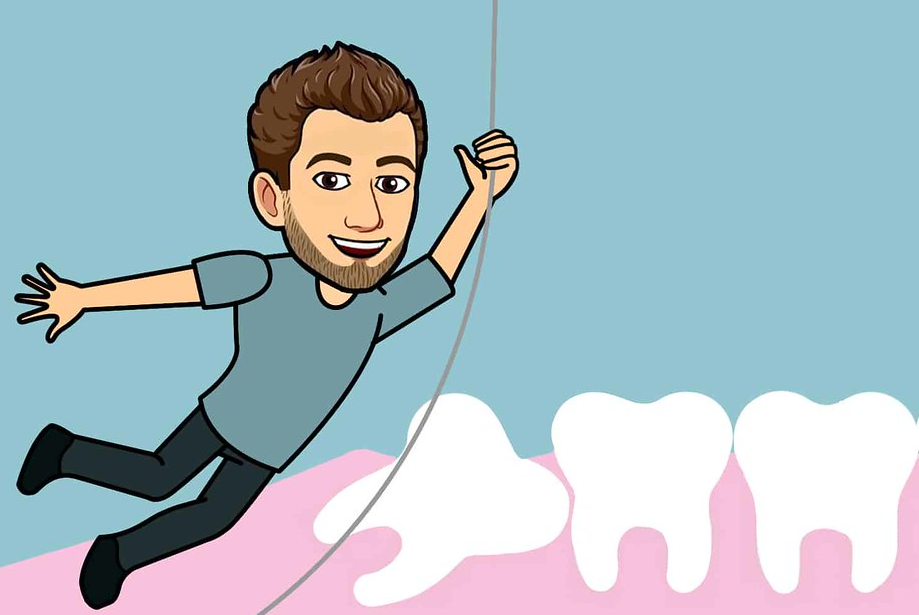
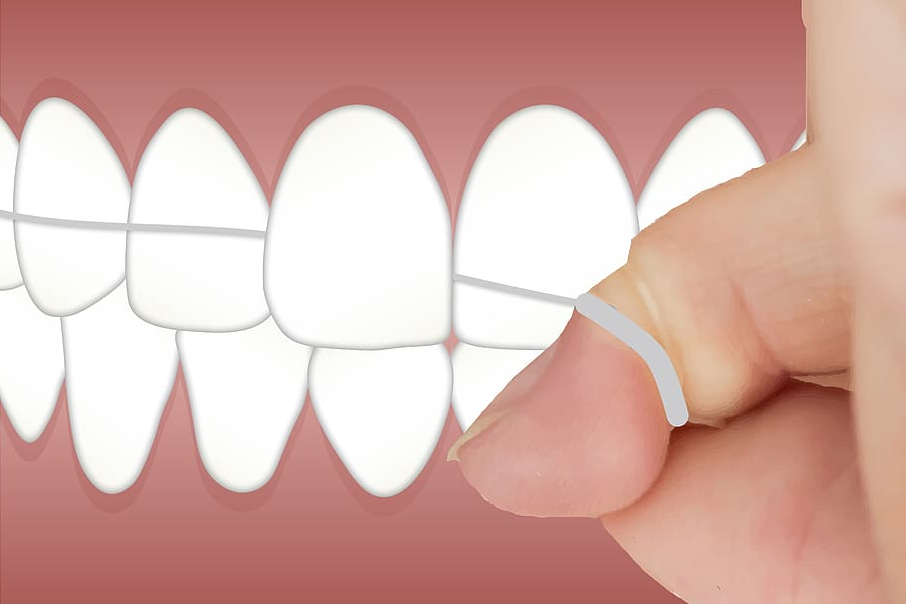
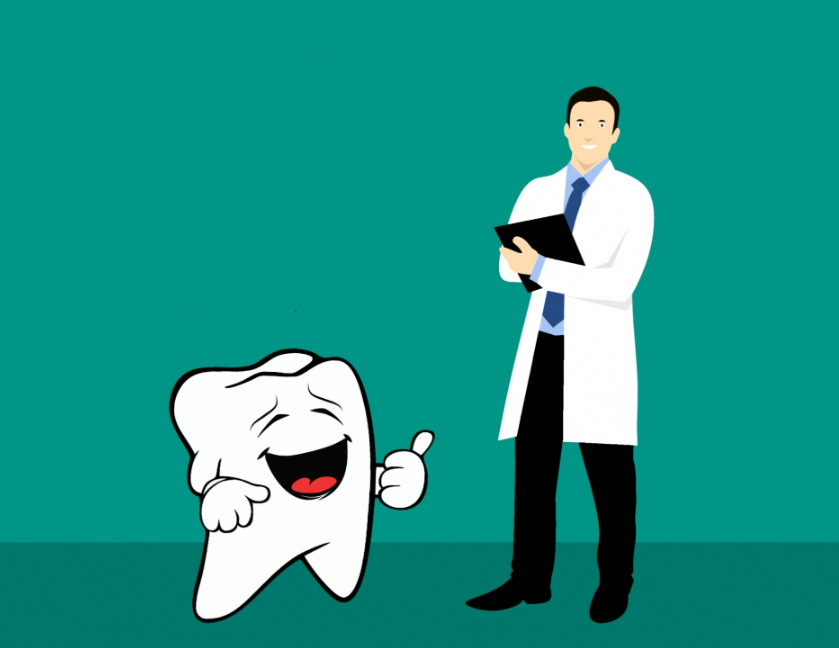

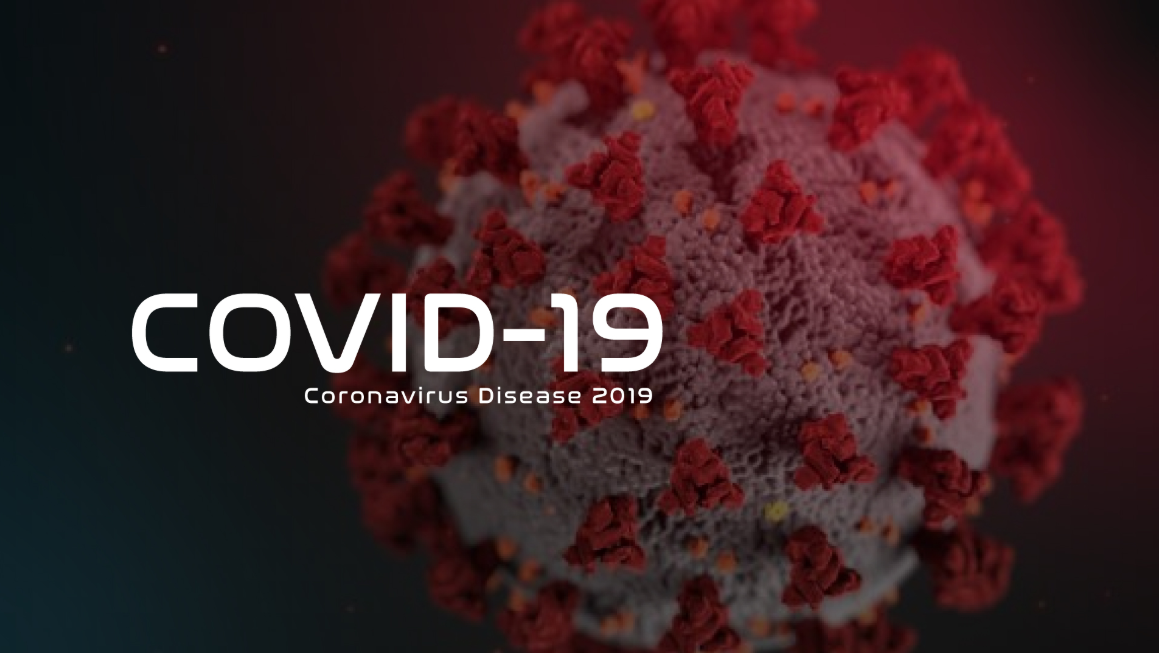
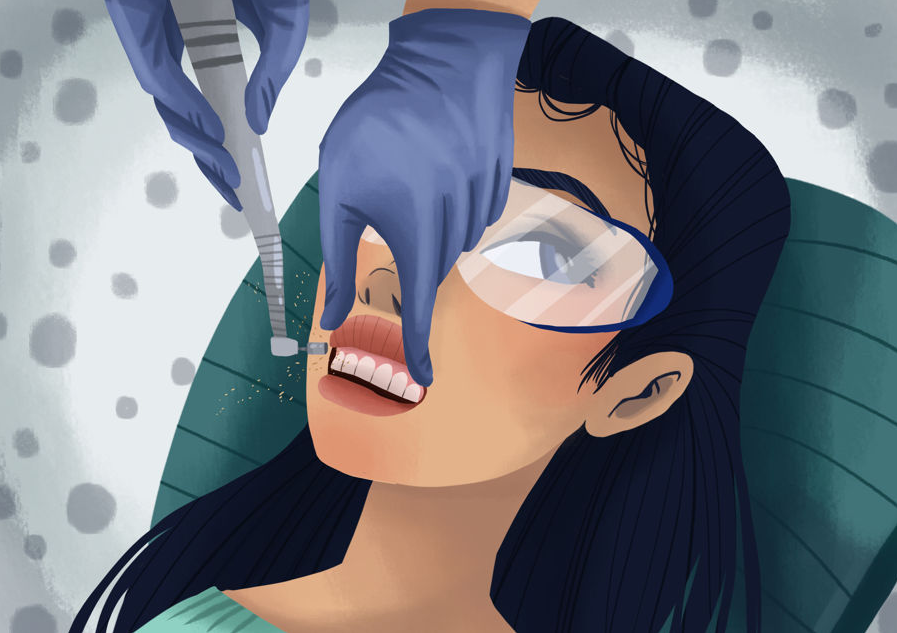
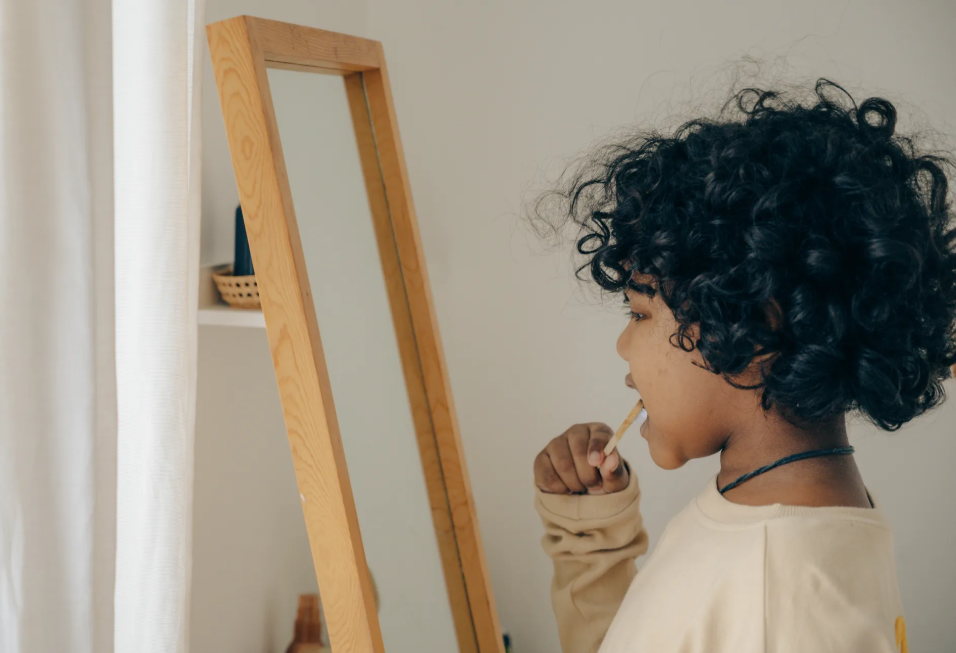
 RSS Feed
RSS Feed